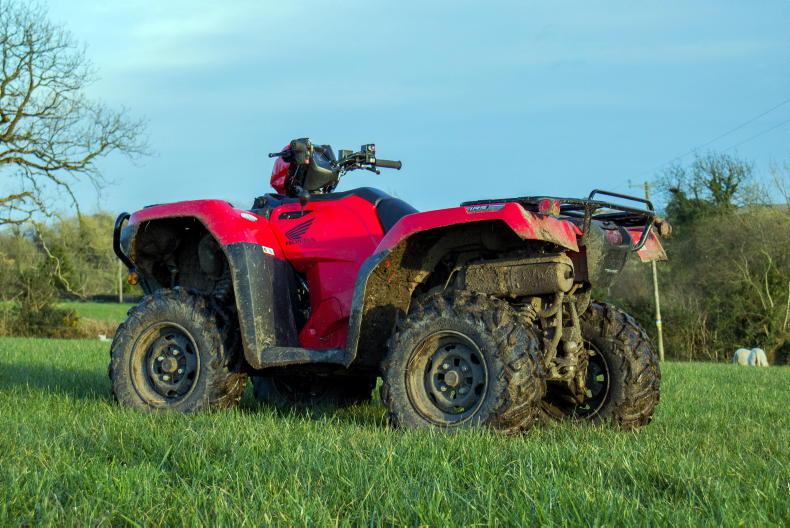Most petrol engines which are common on NI farms will be able to run on new E10 petrol, according to guidance from manufacturers.
Earlier this month, E10 petrol became the standard petrol grade at forecourts in Britain and the same change is expected to happen in NI in early 2022.
E10 petrol contains up to 10% renewable ethanol and it replaces E5, which contains 5% ethanol.
Estimates suggest that UK bioethanol plants could require up to 2mt of wheat per year
The UK government says the change will reduce overall carbon dioxide emissions from petrol vehicles, and will be the equivalent of taking 350,000 cars off the road.
The bioethanol in E10 is usually made from wheat or sugar beet. Estimates suggest that UK bioethanol plants could require up to 2mt of wheat per year, adding a firm market outlet for growers.
Compatible
Most cars and motorcycles manufactured since the 1990s can run on E10 petrol and all new cars produced since 2011 are compatible.
E5 petrol will still be available for vehicles that can’t utilise E10.
With chainsaws, both Stihl and Husqvarna state that E10 petrol can be used in their engines
On local farms, ATV quad bikes and chainsaws are the main users of petrol.
Honda is the most popular quad bike brand on NI farms and all Honda ATVs produced since 1993 are compatible with E10 petrol.
With chainsaws, both Stihl and Husqvarna state that E10 petrol can be used in their engines.
Concerns
Concerns about E10 petrol include fuel separation and blocked filters if petrol is stored for prolonged periods before use, as well as corrosion of seals in engines that are not suited to the fuel.
Advice should be sought from user manuals, sales/service garages or manufacturers directly if there is doubt about an engine’s compatibility with E10.






 This is a subscriber-only article
This is a subscriber-only article











SHARING OPTIONS: